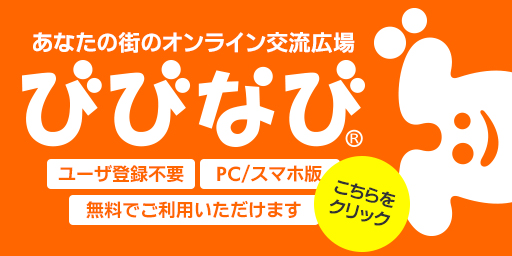JAPANESE COMMUNITY RELATED NEWS
(SUPPORTING BY THE NIPPON CLUB)
The spread of COVID-19 and how to manage your symptoms and health
03/26/20
-
Author: Makoto Iwahara, M.D.
Attending, Department of Gastroenterology, Lenox Hill HospitalNew York City is now the United States epicenter of the corona virus, also known as Covid-19. As of 3/25/2020, NYC has over 20,000 people infected with the virus. The virus can be transmitted by airborne droplets such as by coughing and sneezing. It can survive on surfaces for up to 2-3 days: if someone touches a surface or an object which has the virus on it and then touches his or her mouth, nose or eye, the person can become infected. The virus has been shown to be present in the stool as well. Once the virus has infected a person, the symptoms usually appear 4 to 10 days later. Symptoms are sore throat, cough, fever, body ache, shortness of breath, fatigue and occasionally nausea and diarrhea. In advanced cases, it causes pneumonia with high fever, cough and shortness of breath. This can be lethal. It is also important to keep in mind that the virus can be transmitted even before the symptoms appear.
For people who have no symptoms:
1) Stay away from people with symptoms.
2) Stay at home unless it is absolutely necessary, such as for grocery and medical visits.
3) When walking outside or seeing someone, stay six feet (170 cm) away from other people.
4) Wash hands frequently, especially when returning home from outside.
5) Avoid touching eyes, mouth and nose.
6) Clean and disinfect frequently touched objects and surfaces.
For people who have symptoms:
1) Stay at home and quarantine for at least 2 weeks.
2) Cover your cough or sneeze with tissue, then throw it away in trash. If tissue is not available, use the arm (inside of elbow) for cough and sneeze.
3) People with mild symptoms should rest at home and take medications to ease the symptoms. For example, Tylenol Extra Strength is a popular medication for fever and pain. Mucinex DM 12- Hour is effective for cough.
4) If there is severe breathing difficulty (shortness of breath and cough), one should contact his physician, and they are usually sent to the emergency room.
5) If there is fever but the patient can breathe comfortably, the patient should contact his physician and is usually treated at home.
6) Physicians are available by video or telephone conference during office hours. For emergencies during non-office hours, they can be contacted through the answering service if patients call their offices.
For people who have been exposed to a known Covid-19 patient, self-quarantine for 2 weeks is required.
Even if one has no symptoms, it is possible that one has the virus already and can infect others. This cannot be emphasized more. Elderly people, patients with compromised immune system, patients with chronic diseases (such as COPD, heart diseases, diabetes) and infants are at risk for severe disease.
Tests for this virus are in short supply. The patients who are hospitalized with severe symptoms have the top priority in being tested. The next group in the order of priority includes patients with symptoms in nursing homes, patients 65 years and older, and those with chronic underlying conditions, with symptoms. Those with mild or no symptoms are usually turned away and are told to rest at home.
Masks are not effective for protection against infections. They are worn by infected patients to prevent spread of infectious respiratory secretions. The only masks that are effective in prevention is a special mask called N95.
Recently, the phrases “social distancing” and “self-quarantine” have become popular. This is the only way to stop the spread of the virus. Assume that you have the virus already and take all precautions. Stop going outside, cancel all trips, cancel parties and other gatherings, and avoid places where there are other people. 80% of patients with the virus will have no or mild symptoms, but they have the responsibility of not spreading it to people who are at risk. We do not know when the peak will be, but until this crisis is over, each person has the obligation to do his/her part to stop the spread of the virus.








